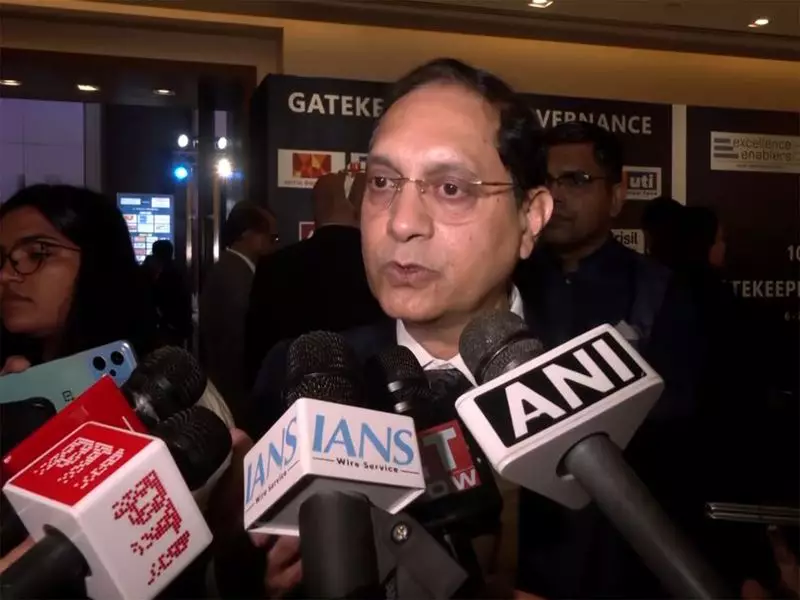
In a significant clarification that could reshape how investors view initial public offerings (IPOs), SEBI Chairperson Madhabi Puri Buch has emphatically stated that the securities market regulator does not play any role in determining IPO valuations. Instead, she emphasized that market forces are the ultimate arbiters of pricing, while SEBI's primary function is to ensure companies make complete and accurate disclosures.
The Core Principle: Market Determines Worth
Speaking at a recent event, Buch explained the fundamental philosophy behind SEBI's approach to public offerings. "The valuation of an IPO is decided by market forces. Our role at SEBI is to ensure that companies make full disclosures," she stated, drawing a clear boundary between regulatory oversight and market dynamics.
This clarification comes at a crucial time when many retail investors often wonder why some companies launch IPOs at what appear to be premium valuations. Buch's statement reinforces that investors must conduct their own due diligence rather than assuming SEBI has vetted the company's worth.
SEBI's Actual Role: The Disclosure Guardian
While SEBI stays away from valuation judgments, the regulator plays a critical role in protecting investor interests through stringent disclosure requirements. Companies approaching the public markets must provide comprehensive information about:
- Financial performance and business metrics
- Risk factors specific to their industry and operations
- Utilization of IPO proceeds
- Corporate governance practices
- Management background and promoter details
"The idea is to ensure that investors have all the necessary information to make an informed decision," Buch explained, highlighting SEBI's commitment to transparency rather than price regulation.
What This Means for Indian Investors
This market-driven approach has several important implications for market participants:
- Increased Investor Responsibility: Investors cannot rely on SEBI's "approval" as an endorsement of valuation
- Enhanced Due Diligence: Market participants must develop stronger analytical capabilities
- Market Efficiency: Prices reflect collective market wisdom rather than regulatory judgment
- Reduced Moral Hazard: Investors bear responsibility for their valuation assessments
The SEBI chief's comments serve as an important reminder that in developed capital markets, regulators ensure transparency while markets determine prices. This approach has been instrumental in building confidence in Indian capital markets while maintaining market efficiency.





